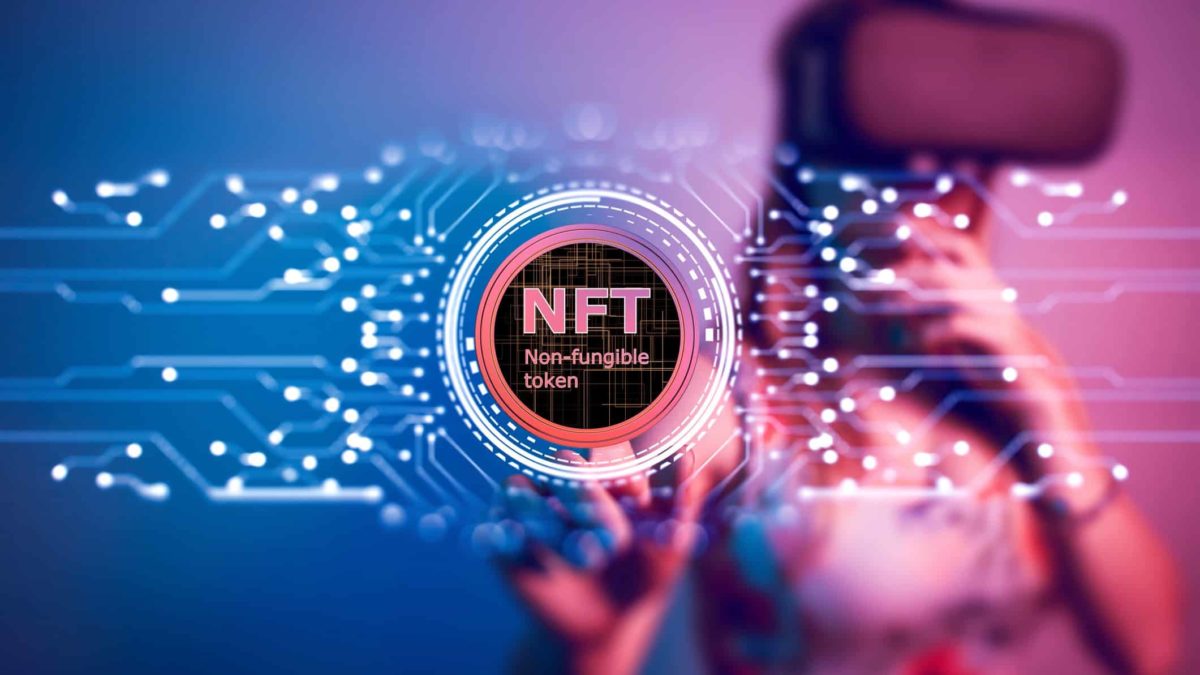

As blockchain technology increasingly integrates with traditional finance, the concept of stock NFTization has quietly emerged. In simple terms, this means transferring stocks, equity rights, or related benefits onto the blockchain in the form of NFTs—non-fungible, tamper-proof digital assets that can be recorded, transferred, and managed transparently. Compared to conventional electronic stock registration systems, NFTs offer uniqueness, transparency, and high liquidity. Stock ownership is no longer confined to centralized ledgers, but instead evolves into on-chain assets, signaling what may be the beginning of a financial transformation.
Some see this as just another wave of crypto speculation, but others believe it represents the next step in digitized equity management. An NFT can symbolize actual company ownership and even include voting rights, dividends, governance access, and more. This model has strong potential in private equity funding, early-stage share transfers, and DAO governance. For example, a startup could issue 100 NFTs representing 1% of equity each. Investors can freely trade these tokens, while the platform transparently tracks ownership changes—avoiding the complexity and delays of traditional systems.
Stock NFTization opens the door to more inclusive participation in equity investment. Previously, early-stage investments were limited by high entry thresholds and asymmetric information. NFTs could lower those barriers significantly. For instance, a Web3 startup could tokenize its funding rounds as NFTs, allowing users to hold and manage them directly in their wallets. These NFTs could even be used in DeFi protocols for collateralized loans or yield farming. As on-chain certificates, NFTs also simplify global shareholder management—international investors can participate without navigating lengthy cross-border processes.
Despite its potential, stock NFTization faces serious real-world challenges. The biggest obstacle is unclear regulation. In most countries, stocks are considered regulated financial instruments. If an NFT is linked to equity, it may be treated as an unlicensed securities offering. Regulators like the U.S. SEC and EU’s MiCA framework have started to examine the risks of NFT securities. As a result, most current projects focus on unlisted equity or symbolic “rights NFTs” to avoid direct legal friction. Furthermore, the speculative nature of the NFT market exposes investors to volatility and platform risks—if a smart contract fails or a platform disappears, investors may have limited recourse.
In the short term, stock NFTs won’t replace traditional equity systems, but they may complement them. Possible use cases include shareholder voting, dividend tracking, and early-stage fundraising—improving efficiency and transparency. Within regulatory bounds, companies may adopt a hybrid model combining on-chain recording with offline legal compliance. As policies mature, trust grows, and standards develop, stock NFTization could shift from “experimental concept” to “financial infrastructure.”
Stock NFTs aren’t just a buzzword; they represent the ongoing negotiation between finance and technology. They’re not a bubble, nor are they the end of traditional markets. Instead, they’re a meaningful exploration of how assets can move more freely in a digital age.